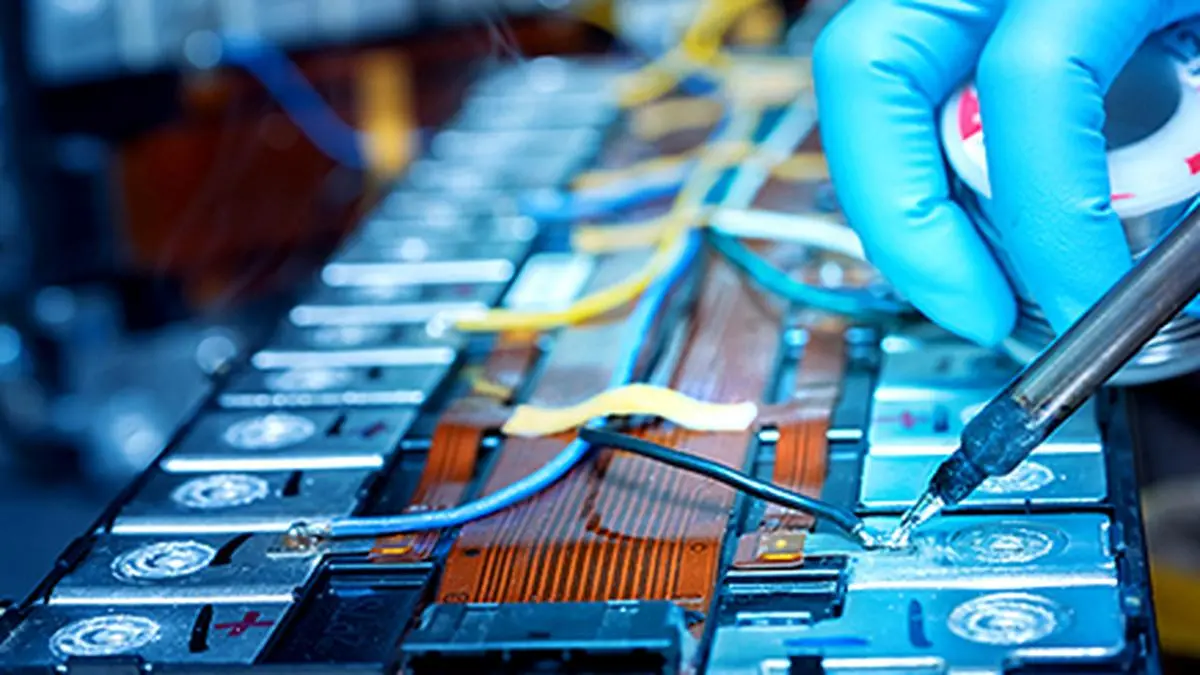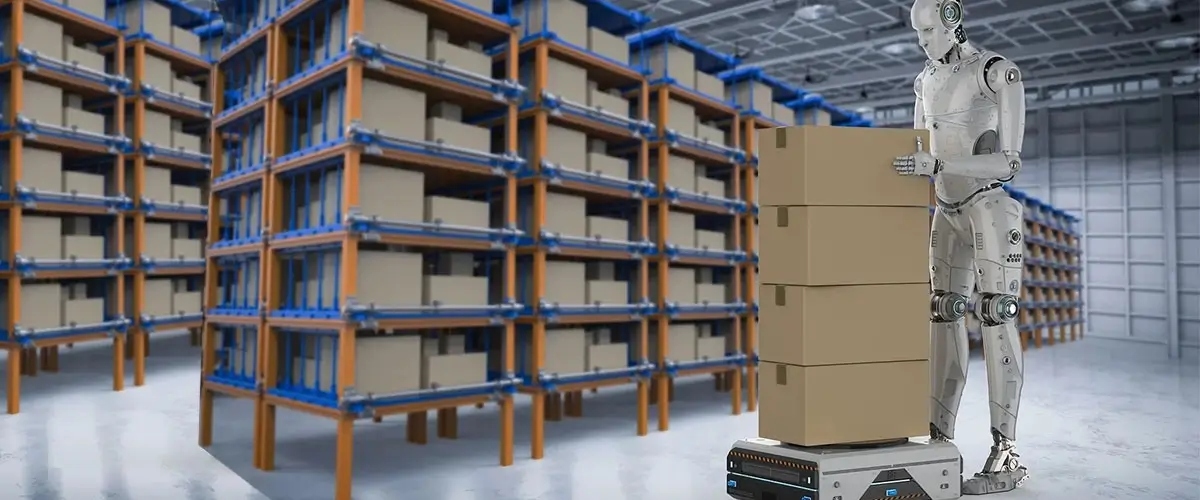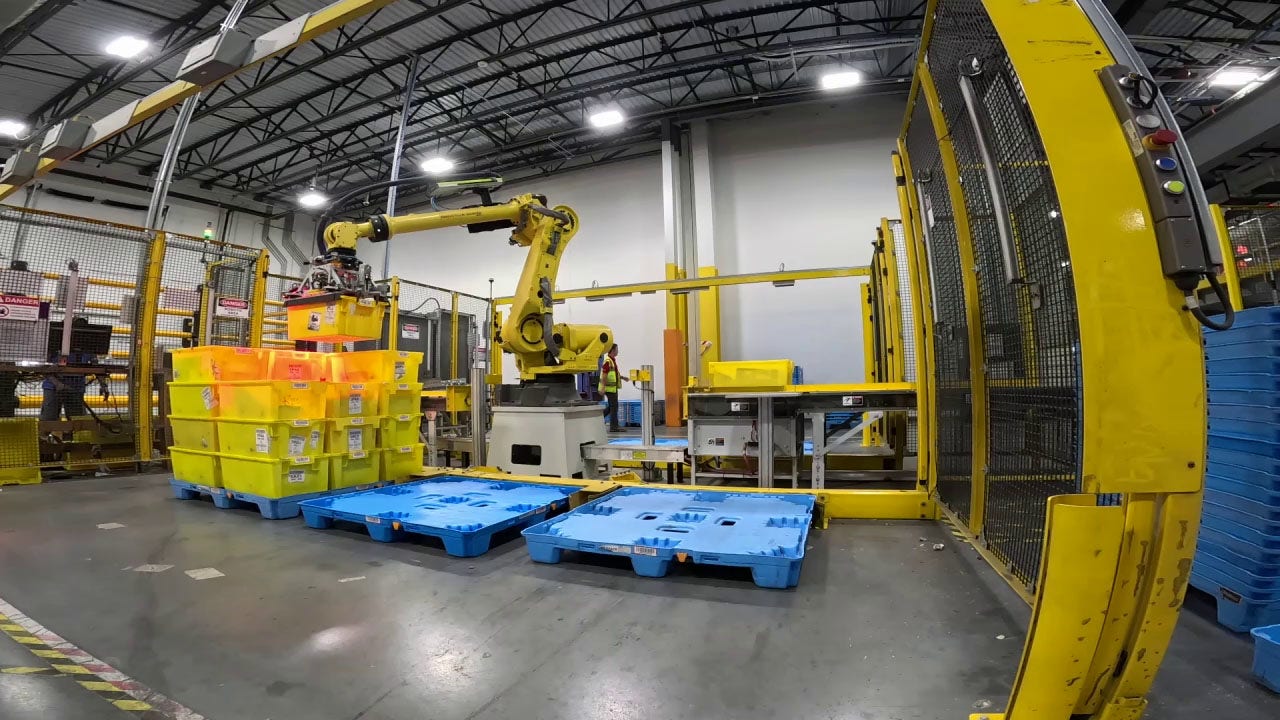Beyond Lithium: Indian Energy Experts Push for Diverse Battery Tech for a Sustainable Future

The Lithium-Ion Limitation
India is rapidly transitioning towards renewable energy sources like solar and wind power. However, the intermittent nature of these sources necessitates robust energy storage solutions. Lithium-ion batteries have become the go-to choice globally, powering everything from electric vehicles to grid-scale storage projects. However, relying solely on lithium-ion presents several challenges for India.
Firstly, lithium itself is a geographically concentrated resource. The majority of global lithium reserves are located in a few countries, creating supply chain vulnerabilities and geopolitical dependencies. Secondly, the mining and processing of lithium can have significant environmental impacts, raising concerns about sustainability. Finally, the rising demand for lithium is driving up prices, making it increasingly expensive to deploy large-scale energy storage systems.
Exploring Alternatives: A Diverse Portfolio
Recognizing these limitations, Indian energy experts are championing a more diversified approach to battery technology. Several promising alternatives are emerging:
- Sodium-ion Batteries: These batteries utilize sodium, which is abundant in India, reducing reliance on imported materials. They offer comparable performance to lithium-ion in many applications and are generally considered safer.
- Solid-State Batteries: Replacing the liquid electrolyte with a solid material enhances safety, increases energy density, and potentially allows for faster charging times. While still in early stages of commercialization, solid-state batteries hold immense potential.
- Flow Batteries: These batteries store energy in liquid electrolytes, allowing for independent scaling of power and energy capacity. They are particularly well-suited for grid-scale applications and offer long lifespans.
- Other Emerging Technologies: Research is also underway on other battery chemistries, such as magnesium-ion and zinc-ion, which could offer further advantages in terms of cost, safety, and performance.
India's Opportunity: Local Manufacturing and Innovation
The shift towards diverse battery technologies presents a significant opportunity for India to build a strong domestic energy storage industry. Government initiatives like the Production Linked Incentive (PLI) scheme are encouraging local manufacturing of batteries and battery components. Furthermore, fostering research and development in advanced battery technologies will be crucial to driving innovation and reducing dependence on foreign expertise.
India's unique geographical and resource landscape also provides an advantage. The availability of sodium and other raw materials can support the development of sodium-ion and other alternative battery technologies. Moreover, India's large and growing energy demand creates a substantial market for energy storage solutions.
The Road Ahead: Collaboration and Investment
Transitioning to a more diverse battery technology landscape will require collaboration between industry, academia, and government. Increased investment in research and development, coupled with supportive policies and regulations, will be essential to accelerate the adoption of alternative battery technologies. India Energy Storage Week serves as a vital platform for bringing together stakeholders and fostering dialogue on the future of energy storage in India.
By embracing a broader range of battery technologies, India can enhance its energy security, promote sustainable development, and solidify its position as a global leader in renewable energy.






